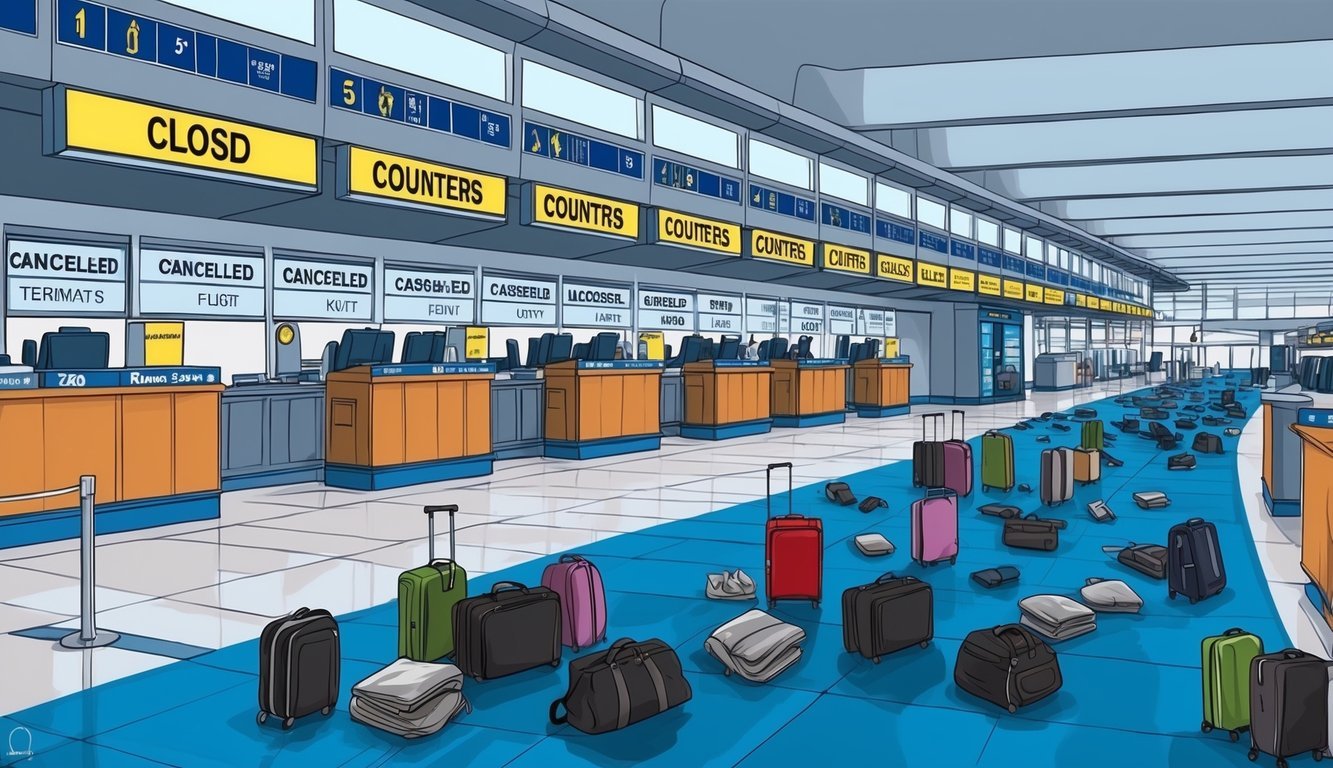
On January 26, President Trump made headlines by halting visa services at the U.S. Embassy in Colombia. This bold move aimed to pressure the Colombian administration into expediting the deportation of Colombian citizens from the United States. It also hints at a potential template for similar actions against other countries that might disregard U.S. immigration policies. The strategy could extend to nations that resist U.S. directives on various fronts, not just immigration. Although the situation with Colombia has seen some resolution, as of January 28, 2025, regular visa processing in Bogotá remains suspended. When services do eventually restart, applicants should brace for long wait times in booking appointments, which could worsen the already challenging circumstances.
Presidential Authority on Visa Services
The U.S. President wields considerable authority, derived from Section 212(f) of the Immigration and Nationality Act, allowing for the suspension of visa services for particular individuals or groups. This power has been backed by judicial precedence in the past. Should the administration choose to impose similar restrictions on other nations, those changes will likely arrive with little warning, creating chaotic situations for travelers. Even individuals holding valid visas won’t be immune; the President has the capacity to order the State Department to revoke existing visas and instruct border officials to prohibit entry for those affected.
Impact on Visa Holders
Though the revocation of a valid visa doesn’t automatically strip individuals in the U.S. of their legal status, it does create significant hurdles. For those looking to leave the country, re-entry would hinge on the administration’s decision to lift the visa ban.
Challenges for Employers and Employees
This period of increased uncertainty poses a range of challenges for employers and employees alike, especially those holding valid nonimmigrant visas—even for those hailing from countries with strong ties to the U.S. With the risk of sudden disruptions in visa processing, personal and professional travel may become far more complicated. As a result, many are left pondering the necessity of their upcoming journeys.
Source: Natlawreview

